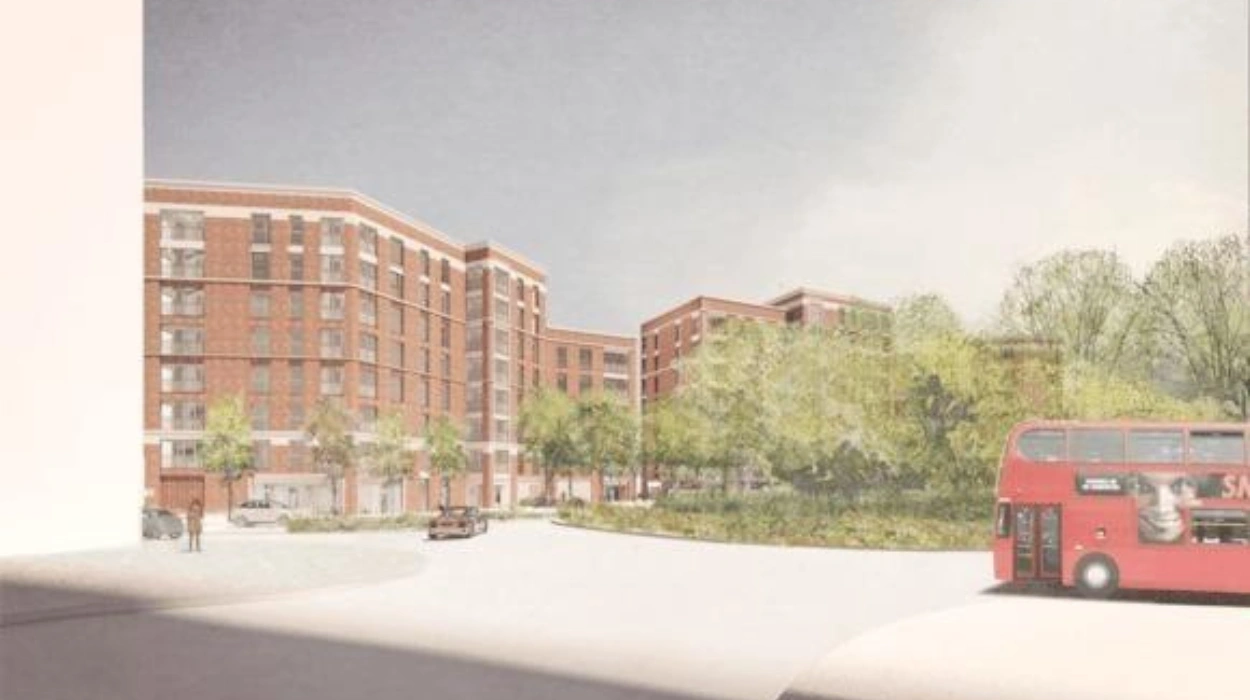Havering (Parliament Politics Magazine) – Havering Council has been urged to urgently review the viability of car park redevelopment schemes as questions arise over their feasibility and impact.
According to a report by the Chartered Institute of Public Finance and Accountancy (CIPFA), the town hall ought to examine the plans put out by Mercury Land Holdings (MLH), its housing company.
It said:
“It is recommended that the council undertake a full review of the capital programme including schemes undertaken by its companies and partnerships with a view to seeing if schemes can be delayed or withdrawn as a matter of urgency.
The review of the capital programme recommended…should include the MLH schemes and an assessment of whether they are still viable both in terms of the company as well as the costs, including abortive costs, to the council.”
Plans to turn parking lots in Romford and Hornchurch into residences are among the upcoming projects of Mercury Land Holdings.
One of these is the Como Street parking lot, which is planned to be transformed into a nine-story apartment building with 137 units.
In order to avoid conflicts of interest, the CIPFA assessment on the council’s finances also suggested that Havering examine whether it was “appropriate” for Andrew Blake-Herbert, the CEO of Mercury Land Holdings, to be the only director of the company.
After the council requested for a £53 million loan last year, CIPFA conducted a thorough analysis of its finances and organizational structure.
According to its now-published findings, there were “no deficiencies” in the council’s financial management.
However, CIPFA stated that reserves are low in comparison to other municipalities. There are £10.1 million in general reserves and £35.4 million in the designated general fund.
In order to obtain greater funding, it further suggested that the council “immediately” start a conversation with the federal government.
In a press release, council leader Ray Morgon said:
“We have said all along that we are not in this position because of poor financial management, bad decisions or irresponsible investments. This CIPFA review only goes further to confirm that.
The report once again highlights the severe financial pressures faced by the council.
The rapidly increasing costs in social care and homelessness, coupled with years of reduced funding from the government, have forced us to seek another government loan.”
The £53 million was required to offset a predicted shortfall of £32.5 million in 2024–2025 and an overspend of £21 million in 2023–2024. Last February, it was approved.
Havering had to borrow an additional £70 million last month, even though they had reduced £79 million over the previous seven years. The £32.5 million from the previous year is included in that eight-figure amount.
Current projections indicate that the council “will not be able to set a balanced budget in future years” and will require further borrowing, according to the CIPFA’s study, which was released by the Ministry of Housing, Communities, and Local Government (MHCLG).
According to the Havering Council, these parking lots are extra and would be better used for housing. Their goal is to provide much-needed housing while preserving public areas and facilities.
It is recommended that the council thoroughly examine the feasibility of these programs, taking into account community input as well as financial viability. This entails determining how developments can affect nearby infrastructure and making sure they meet community needs.
Cllr Morgon added:
“We will continue to lobby for change in how we are funded to accurately reflect our rapidly changing population and needs, and we remain committed to delivering high-quality services to our residents and will continue to work diligently to address these financial challenges.”
The issues regarding Mercury Land Holdings were not addressed in the council release.
The council must strike a balance between community concerns and financial realities as it works to address the housing shortfall. A thorough evaluation will assist guarantee that any improvements are feasible and advantageous for the council as well as the community.
As of March 31, 2024, Havering owed approximately £137 million. That amount came before this year’s additional £70 million in borrowing.
As the council repays the loans, the debt will decrease, but according to CIPFA, it will increase to about £112 million in 50 years.
In order to keep kids from needing costly treatment, Havering was also instructed to double its investments in preventive programs, which it claims it will do.
According to the CIPFA, children are “unnecessarily entering the expensive care system and worse experiences and outcomes for children and families” as a result of the council’s current financial strains.
The council states that a formal review against the CIPFA financial management code, which provides guidelines for “sustainable” administration, will be its next course of action.
What are the key highlights about car parking housing schemes?
Havering Council has suggested transforming many car parks into residential buildings to alleviate the demand for homes. This includes locations such as Hornchurch’s Dorrington Gardens, where 34 additional dwellings are planned.
Reactions to the consultations have been mixed; 67% of participants opposed the Dorrington Gardens idea because they were worried about overcrowding and the burden on the infrastructure.
Locals care about the influence on local amenities and cherish open areas.
Due to financial constraints, the council is looking for ways to make use of underutilized resources, such as parking lots.
However, these projects’ feasibility hinges on striking a balance between community concerns and housing demands as well as making sure that they are financially viable.


